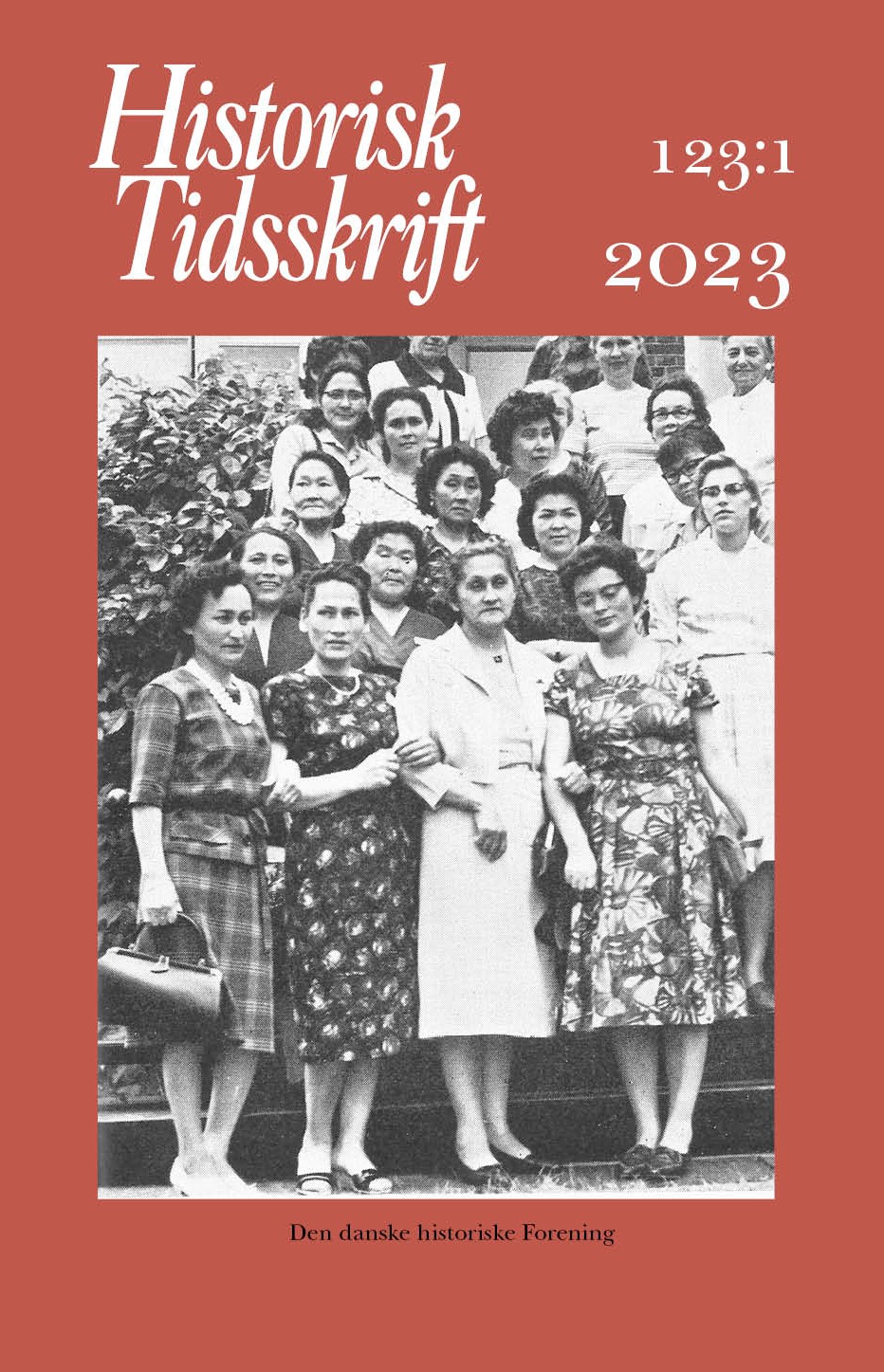Forspil til fodnoter. Socialdemokratiets udenrigs- og sikkerhedspolitik 1979-82
DOI:
https://doi.org/10.7146/ht.v123i1.138931Resumé
A Prelude to Footnotes. Danish Social-Democratic Foreign Policy, 1979-82
The Social-Democratic government in office from 1979 to 1982 faced several important international events with significant effects on Denmark’s foreign policy. The first was NATO’s Double-Track Decision that caused a split both in the Social-Democratic parliamentary group and in the government itself. The second was the US-led boycott following the Soviet invasion of Afghanistan. Denmark’s rejection of the boycott worsened the US-Danish relationship, already strained by repeated Danish violations of NATO consultative procedures and the meager Danish defense budget. The left-leaning Prime Minister, Anker Jørgensen, and his rather emotional approach to international politics led to frequent Danish criticism of both the Carter and Reagan administrations that further worsened the relationship and created a substantial political split with the Minister of Defense, Poul Søgaard. Søgaard faced growing political isolation as the Minister of Foreign Affairs, Kjeld Olesen, increasingly sided with the Prime Minister. The growing divide within the party and the government can be seen as a prelude to the so-called ‘footnote policy’ from 1982 to 1988 when the Social-Democrats, now in opposition, denounced vital elements of their own former foreign and security policy. The controversial ‘footnote policy’ was thus not just a dirty trick played by the Social-Democrat opposition on the weak Conservative government for purely tactical reasons but a further development of positions that had emerged during the preceding years.
Downloads
Publiceret
Citation/Eksport
Nummer
Sektion
Licens
Ophavsret til bidrag i Historisk Tidsskrift tilhører forfatterne og Den danske historiske Forening som udgiver af Historisk Tidsskrift. For illustrationer gælder den ophavsret, som står anført i billedteksten. Ophavsretslovens almindelige bestemmelser gælder, hvilket vil sige, at ophavsretten gælder i 70 år efter forfatterens død. Bidrag i Historisk Tidsskrift må derfor, med forbehold for en ”moving wall” på tre år, frit downloades, læses, gemmes, anvendes og citeres (med kildeangivelse) i privat og videnskabelig sammenhæng, men de må ikke helt eller delvis genudgives af tredjepart, heller ikke i redigeret form, uden tilladelse fra forfatterne og Den danske historiske Forening. Henvendelse skal i så fald rettes til Historisk Tidsskrifts redaktion på histtid@hum.ku.dk.





